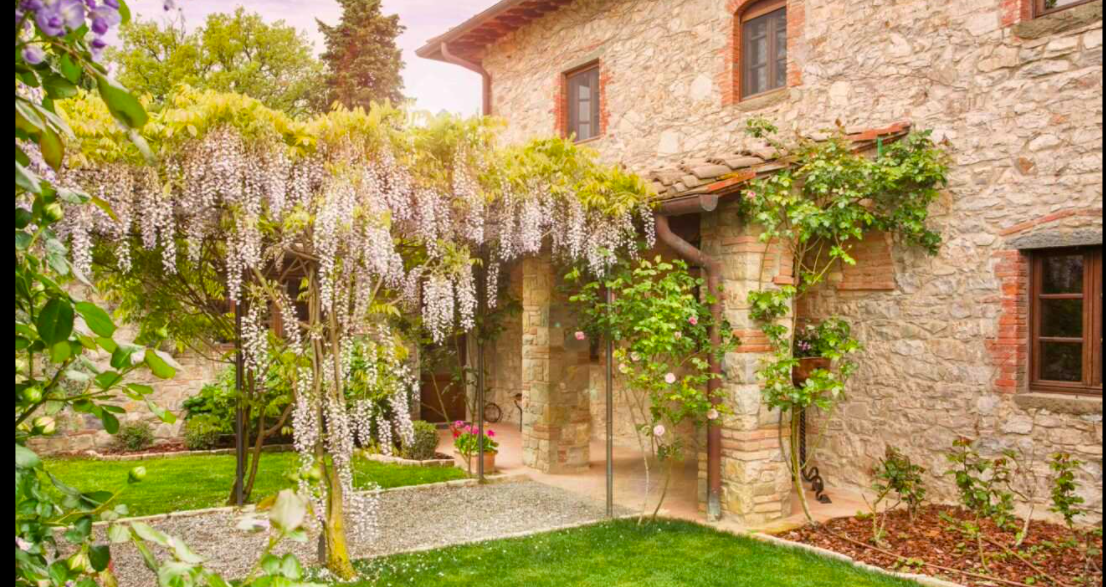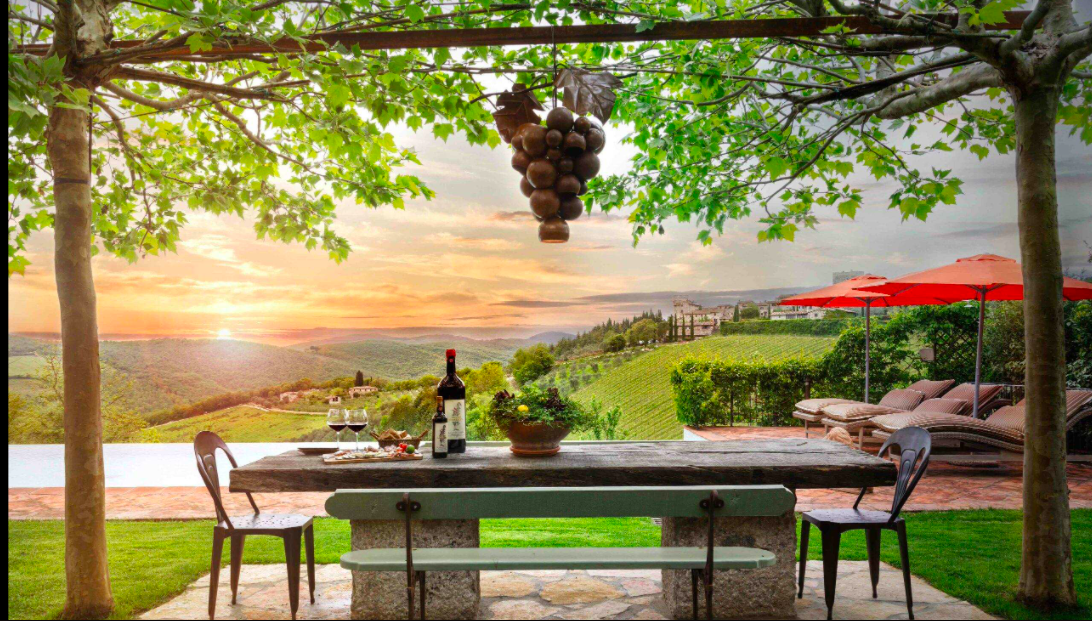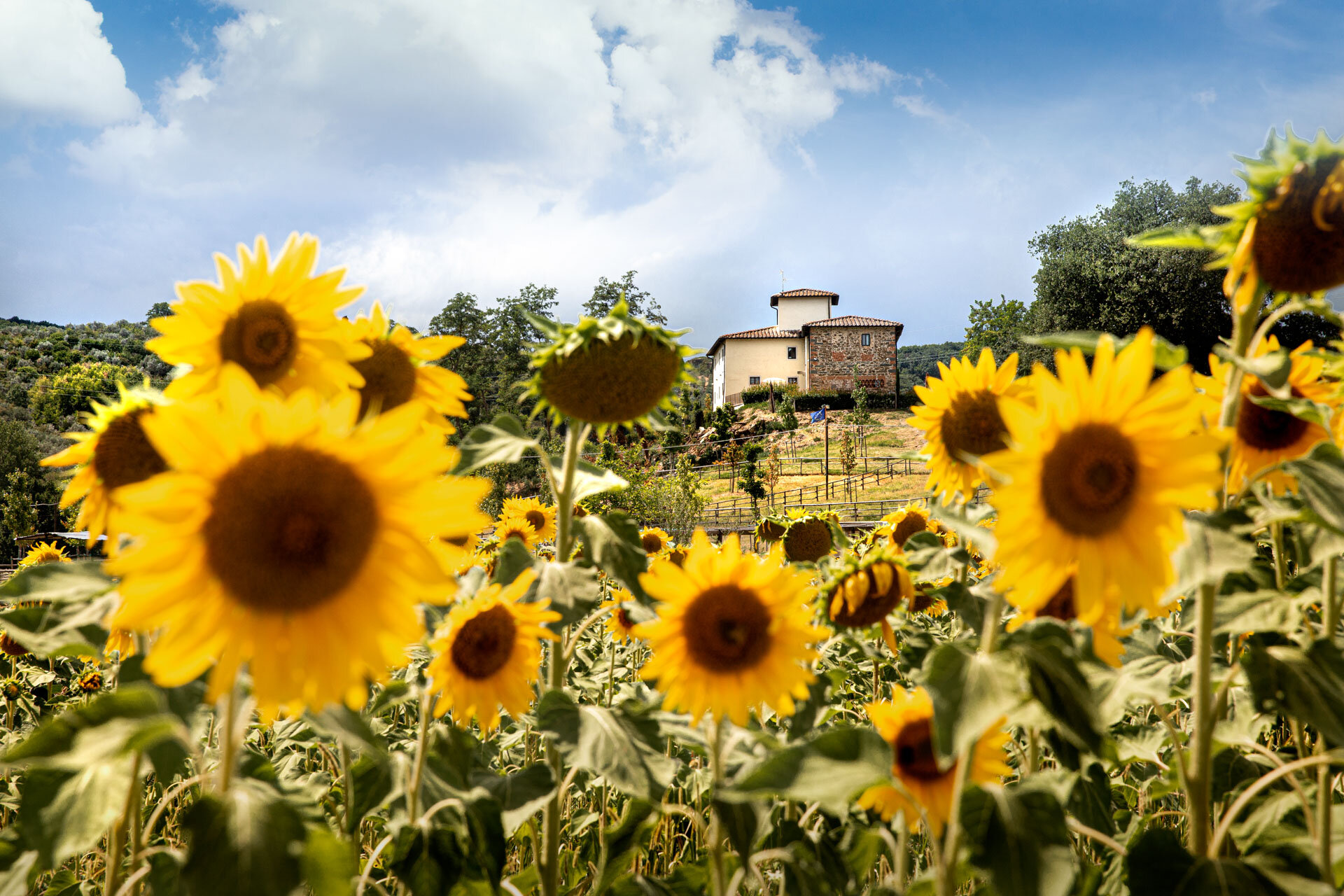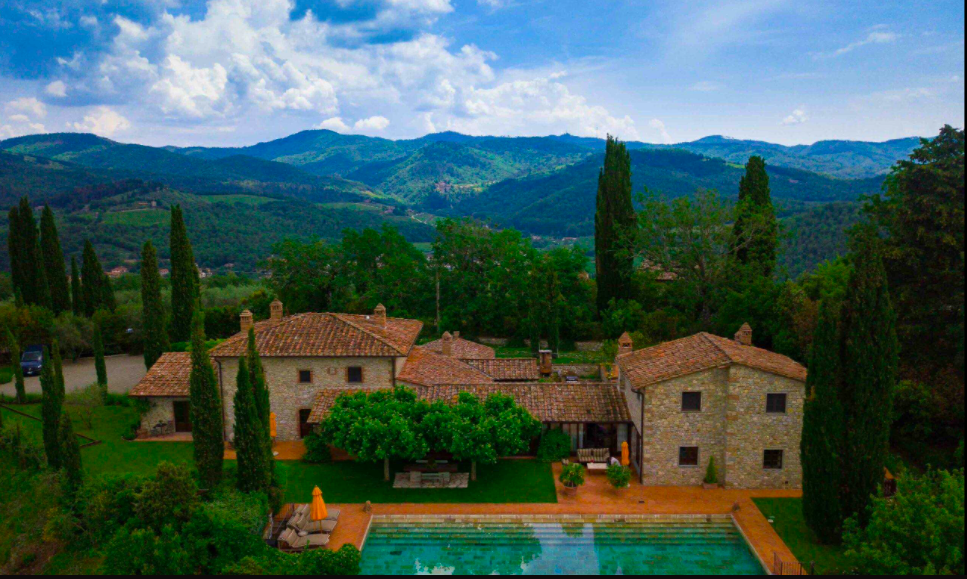Savouring authentic, sustainable travel
Remember that classic ‘60s film, If It’s Tuesday, This Must Be Belgium?
It revolved around the whirlwind nature of those dizzying pre-packaged tours of Europe where you would “visit” as many cities and countries as possible without experiencing them in any real way. Checking off an entire bucket list of destinations from a bus window or quick stopover was never my thing. I have always preferred visiting smaller, obscure places and making connections with people who live there, while absorbing local life and culture. Little did I know this made me an early advocate of the Slow Travel movement—an offshoot of the Slow Food movement, which began in Italy with Carlo Petrini in 1986.
World-Wind Tours whisks American tourists to nine countries in 18 days. The era of whistle stops throughout Europe hopefully is behind us. The If It’s Tuesday, This Must Be Belgium cast on the Spanish Steps in Rome.
What is it and why is it important?
Slow Travel emphasizes connection to local people, cultures, food and music. It relies on the idea that a trip is meant to educate and have an immediate and lasting emotional impact, while remaining sustainable for local communities and the environment.
It had been gaining more attention pre-pandemic in response to the hectic, frantic pace of daily life we were all living. Now, after experiencing interminable lockdowns, easing into this kinder, gentler travel resonates with more people, making it a highly popular way to holiday. A relaxed leisurely type of travel over a fast-paced, manic sightseeing schedule—the pandemic reset has prompted most to re-examine how we live in the world, and given this sustainable and meaningful way of travelling its well-deserved moment in the sun.
Along the Sardinian coast. Photo by Nicola Melis
Since I became travel editor at Panoram in 2019, I have wanted to feature this all-important travel trend. However, the pandemic hit and we were in NO TRAVEL territory for some time. In hindsight, the COVID chapter set the stage for what was to come. We ventured out on local road trips and getaways during the pandemic, appreciating what we have in our own backyard. As we resume planning our trips abroad, we realize transatlantic flights are by no means positive acts for the environment. Yet, we truly can minimize our carbon footprint once we get to our destination by changing the way we travel. By seeking a more sustainable type of holiday, we can recharge our batteries away from bustling cities and chain hotels in favour of a longer, leisurely stay in a more rural setting that also supports a local economy.
“Away from the cities: in the old borghi
there is our future.”
”
The appeal of the farmhouse stay in Italy is not new; it is an ever-increasing, desired choice. Imagine combining a remote digital working experience with a holiday in a charming farmhouse in the idyllic Italian countryside—for FREE. It’s not a rural myth. In January of this year, Borgo Office (https://borgo-office.it) launched a free farmhouse stay initiative where guests can buy support packages containing products (food and experiences) from the host’s farm, based on the duration of the stay, no pressure. Sound unfathomable? Out of the 20 regions in Italy, 17 are already participating in this Borgo Office workation initiative, with the bulk of the farmhouses located in Tuscany.
“Presently we have 40 farmhouses and we don’t want to exceed 60, so that we can keep control and have personal and direct relations with all of them,” says Borgo Office project founder, Federico Pisanty. “To qualify for the program, all farmhouses must have a high-quality standard and include powerful wi-fi, printer and scanner and of course, a work area with an incredible view.”




THE KINDNESS BUSINESS MODEL IS HERE
The project is so successful so far, Pisanty is planning to export the business model and welcome farmhouses in other countries to the program. “Our model takes its cue from the ‘Pleasurable Surprises: A Cross-Cultural Study of Consumer Responses to Unexpected Incentives’ research that demonstrates the beneficial effects of surprise on consumer choice.” The findings indicate the element of surprise, combined with delight, pleasure, joy or elation increases both customer loyalty and positive word-of-mouth. “The package purchase requests are multiplying rapidly, and so are the additional incomes for the hosting farmhouses. Our goal is to spread this kind and disruptive model in Italy and abroad, since we are convinced that kindness is the key for a new business era. Furthermore, we want to convince as many farmhouses as possible that the pandemic has demonstrated that, when the hospitality industry faces a crisis, farmhouses must rely on its other line of business—agriculture,” declares Pisanty.
In my next blog post, we visit the islands of Sicily and Sardinia and explore some interesting ways to truly connect with the land and the locals. Sustainable and real, the Slow Travel movement is synonymous with southern Italy.








